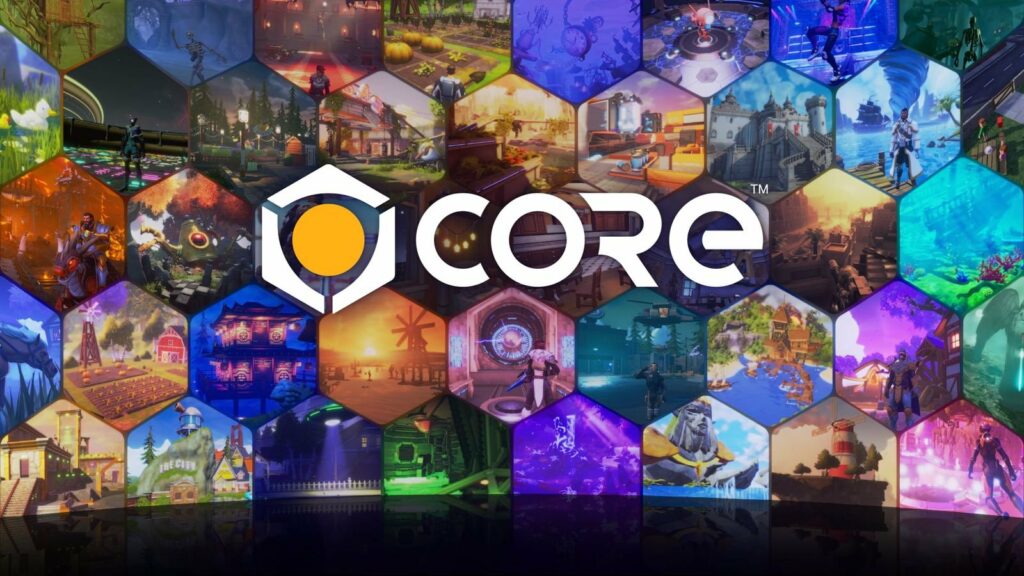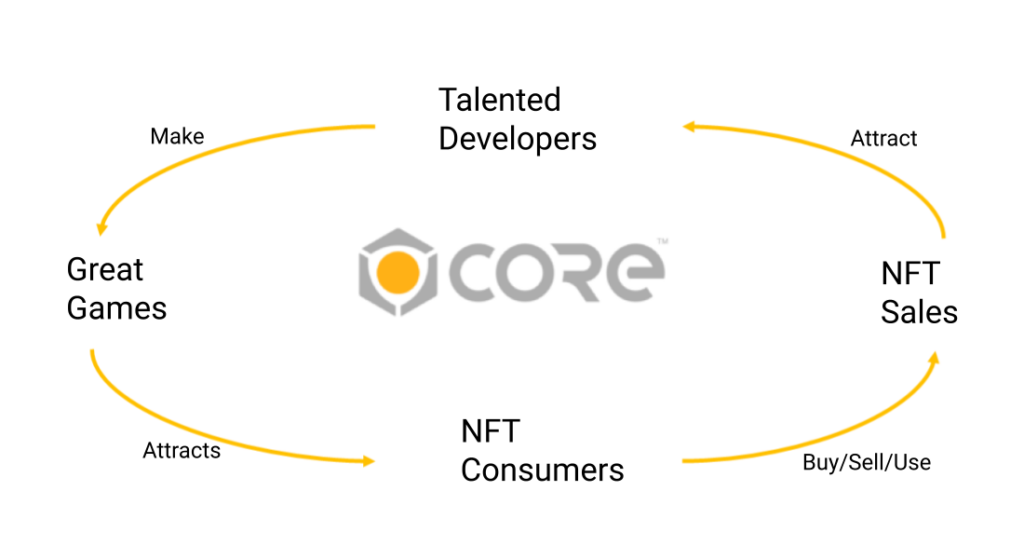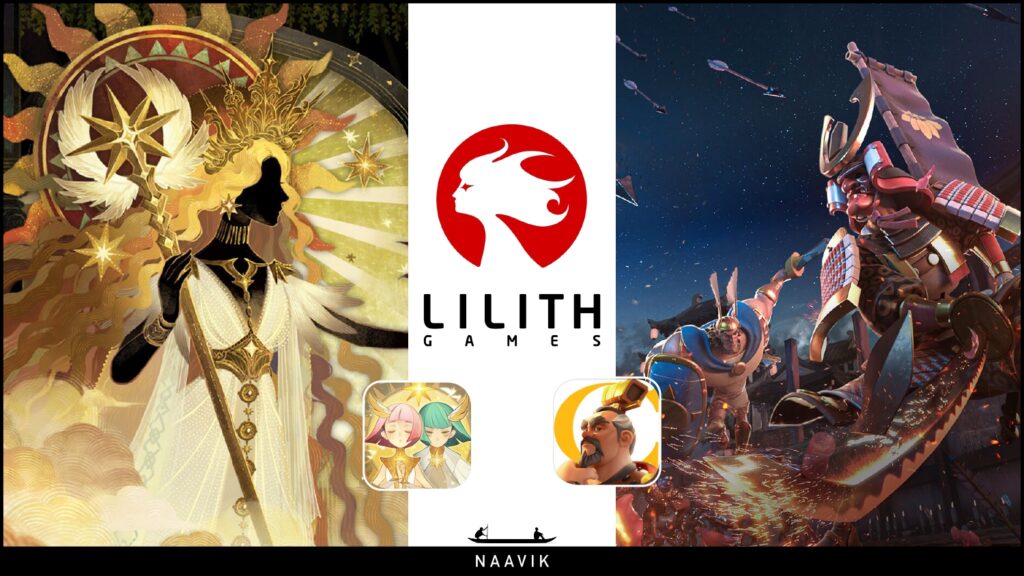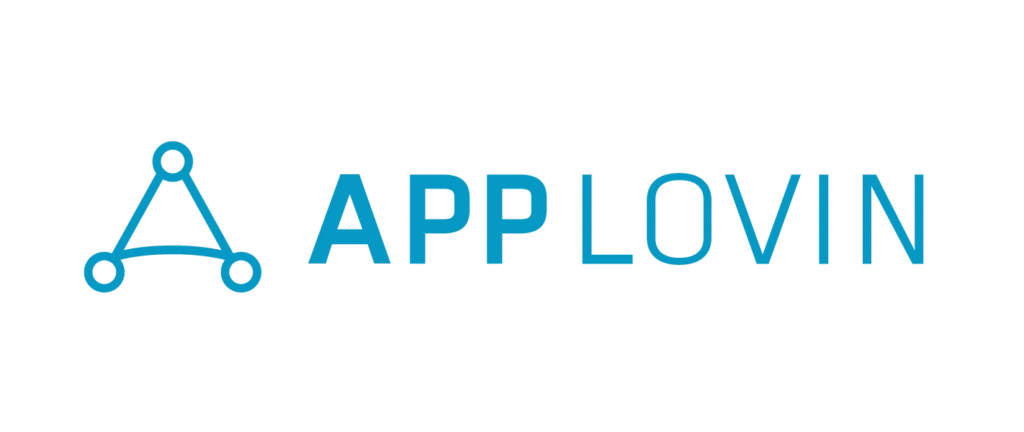
Over the last couple of months I’ve written deep dives on the developer economy for Roblox and Epic’s Fortnite Creative. Returning from RDC22 a few weeks back, it was abundantly clear that these companies are moving in direct competition with one another. Roblox is pushing their developers to create higher fidelity experiences by encouraging more human-like avatars, introducing new custom material variants, and funding experiences that push the boundaries of visual fidelity on the platform much closer to that of Fortnite. Meanwhile, Fortnite Creative is integrating Unreal Engine to make it possible for much greater depth and variability of games to be created within the Fortnite ecosystem, as Roblox Studio has long enabled for its developers.
With these two incumbents innovating rapidly and making huge investments in new capabilities that will broaden their audience, I was curious to investigate what this means for Manticore Games, the company behind the UGC games platform Core. While Manticore is a great deal smaller in terms of market share, the company’s $160M in total funding (backed by Benchmark, SoftBank, and Epic Games) and recent pivot into Web3 makes them an exciting competitor in the race to build the metaverse. The company is still in early innings, but there are so many reasons to get excited about their business model pivot, tech, and road ahead.
A Massive Fundraise On a Vision:
Manticore launched the Core UGC game platform, which leveraged Unreal Engine 4 (UE4), in December of 2019, positioning itself as Roblox with graphics comparable to Fortnite. Since that time, they’ve amassed a considerable war chest with Manticore’s $100M Series C last year. These numbers are a strong signal that Manticore is doing something right (or at least spinning the right narratives with investors), and that’s amplified by the fact that Epic Games has now invested in the last two rounds, participating in the Series B and following on in the Series C. Epic has a strong incentive to support a UGC platform that uses and features their game engine / storefront as it aligns well with Epic CEO Tim Sweeney’s vision for the metaverse. That is, one that takes place across multiple platforms…but mostly on Unreal Engine and the Epic Game Store (EGS). We see this same strategy taking place with Mythical Games, the first web3 game to launch on EGS.
Better graphics than Roblox, better creator tools than Fortnite Creative:
Core is an interesting combination of Roblox and Fortnite. While the game is built on Unreal Engine, the game uses the programming language Lua, which is the same programming language used on Roblox. One might say the message is, “Come to Core! You’ll get better graphics, make games for an older audience, and you don’t need to learn a new code language.” While Roblox Lua is an adaptation of the programming language, one developer told me it certainly makes switching platforms a lot easier. That positioning is slipping however, with Fortnite + Unreal on the horizon, and Roblox moving aggressively to capture an older player base.

A developer of one of the top games on Core told me their game has about 10-15 concurrent users on average. With 100 or so daily active users in a top game and only 1-2% of players spending, the revenue is barely enough to pay a creator’s phone bill. Getting users on the platform is the hardest part of two-sided platforms and Core is yet to spur the flywheel of UGC content creation and consumption.
This likely explains why Manticore has begun focusing their efforts on attracting the Web3 community.
Moving to a focus on Web3:
This summer, Manticore Games announced a new utility standard for NFT owners and communities. Their “goal is for the Core Metaverse to become the central destination for crypto communities looking to offer unique, customized experiences to their members, whether it’s in the form of a game, special interactive chatroom, live parties, concerts, expos, or pretty much anything else you can imagine,” according to Manticore Game’s blog.
Creators will now be able to build experiences that are responsive to the NFTs in one’s wallet. For example, if I connect my MetaMask wallet and it has Bored Ape NFT inside, a game could generate a game experience derived from the NFT (e.g. IF fur == ‘solid gold’ THEN boss = tarantula).
Core is not the first company to consider this white space; Minecraft, BAYC, and Mythical Games are just a few early UGC examples with a stance on web3 gaming. However, I think this pivot makes a lot of sense for Manticore, and I see them taking a three step approach to accelerate their UGC flywheel:
- Building a tentpole game — Tentpole products built internally have historically helped seed these types of platforms (e.g. Half-Life / DOTA / Counter-Strike for Valve and Fortnite for Epic). It appears that Manticore Games may be planning to launch their own games as they have four senior gameplay related roles listed on their jobs board. It would make sense, at least in the early days, for Manticore to launch high quality games that demonstrate the NFT use cases they’re hoping will change their fortunes.
- Monetizing web3 consumers on Core — One criticism of NFTs has been that they promise future utility, with no real roadmap for realizing it. Manticore is building a suite of tools to do just that and this has the potential to bring in a new wave of users interested in seeing that utility realized. One creator I spoke to was already implementing NFT features into his next game, while others were completely uninterested as a matter of principle (blockchain games are still divisive as ever). That being said, we’re seeing a lot of optimism on the monetization, free-to-own side of the equation.
- Attracting talent — Fundamentally, the scarcest resource on UGC game platforms is talent, and, for now, Roblox has an advantage. A focus on blockchain games may have the potential to attract talented developers who already have a stake in seeing their own NFTs appreciate in value / need to build pro-community experiences. Because an NFT is just a collection of metadata, it will take talented and creative game developers to make that metadata meaningful on Core.
What this approach amounts to is a new flywheel where great blockchain games: 1) attract an audience of NFT holders looking for more utility, 2) have them also buy and sell NFTs on the platform, increasing monetization, which 3) attracts talent who 4) build more great games.

In the longer term, it will be especially interesting if we see entire web3 communities developing, playing and spending on the platform as we’ve seen in fits and starts elsewhere in Web3. Take Loot MMO, for example. Loot aligned incentives for a collective of creators to build worlds out of procedurally generated words. Now they appear to be raising capital to brings this to life in Core

For this company, it will take a pivotal inflection point to turn their tech and vision into growth. What that inflection point will be, however, is still unclear, and vision alone isn’t enough to bring investors flocking for another round (tech, however, might be). The crypto winter is expected to drag on for the next few years, and with less than 1000 weekly active users in some of the top blockchain games, Manticore’s move to serve the web3 community seems unlikely to lead to an upswell of users on their platform in the short term. On the flip side, crypto funds will need to deploy that capital into blockchain game companies and there’s still a lot of dry powder in the industry. Blockchain games raised 59% of all game funding last quarter.
Manticore Games appears to have considerable runway to establish Core as a leader in the blockchain gaming space. The question not only is whether they’ll be able to achieve that, but also whether there’s potential for a decentralized metaverse future. If all goes well, this UGC platform will be rocking to its core. (Written by David Taylor)
#2 Weekly News Roundup

Twitch Rolls Back Creator Payouts: Twitch had a busy (and bad) news week: top creators petitioned to end gambling from illegal sites, there was an investigation into widespread child predation, and the biggest kicker, a change in revenue share for the platform (for the purposes of this write up, we’ll focus on this point). The company announced it was rolling back payouts to top streamers to 50/50 splits. The move comes as a departure from historical splits, which have previously offered top creators terms as good as a 70/30 split.
While the company cited operating costs as the main driver for the change (after all, Twitch pays money back to its parent company AWS for hosting fees), I’d venture the change has something to do with revenue stability. An over-dependence on subscriptions for revenue can lead to an inconsistent and hard to scale business model, particularly given how often users rely on the free to use Twitch Prime subscriptions to support creators. By lessening the streamer ROI on subs, the business can instead continue to push an ad-driven model. The move makes sense from a revenue-perspective, but I personally wonder the implications such a change might have on the platform’s creator community as a whole. Creators are now free to stream wherever they want and we might find more churn to YouTube (which does offer a 70/30) in the coming months. For such a creator-driven company, they certainly continue to make a series of blunders.
Cyberpunk breaks records: Speaking of blunders, Cyberpunk has been on its own rollercoaster. For those who remember, it botched its highly anticipated launch due to a series of delays and bugs: "Despite technical issues with Cyberpunk 2077, which hurt the company's reputation and the product itself, CDPR still has high expectations about the future of the title, especially its next-gen version”. We should remember, though, CD Projekt Red’s (same developer behind Cyberpunk 2077) successful transmedia experiment with Witcher means no game is truly ever dead. With a Witcher show on Netflix, the studio was able to transform a stale game into a viral sensation yet again. The same strategy seems to be playing out with Cyberpunk: Edge Runners, the anime celebrating the IP. The game passed 100K concurrents on Steam following the release of the show. After Arcane, Cyberpunk, and Witcher, studios are continuing to show that they can drive positive outcomes for their games through transmedia. Perhaps others can take a page out of their playbook — two times in a row means it’s not a coincidence and Netflix will surely be hunting for these shows.
NFTs on The App Store?: This was a fascinating spotlight on Apple’s policies around crypto startups and the workarounds companies currently use. Among them cited in the article: 1) "Apple doesn’t directly support payments in crypto, so people who want to buy a crypto-denominated NFT have to use an equivalent amount of fiat currency”; 2) A workaround in in-app currency (much in the way gaming companies like Roblox operate); 3) Buying on the web vs. in-app; and 4) Apple is anecdotally quite slow in approving apps compared to the Google Play Store. As they mention in the article, with Apple it’s either “fixed subscriptions or fixed prices”. The bright spot here is that as Apple approves more NFT- or crypto-related apps, the number of devices with Ethereum-based wallets also grows. A net positive for the industry vis-a-vis more mass adoption.
🎮In Other News…
💸Funding & Acquisitions:
- Theorycraft raised a $50M Series B led by Makers Fund. Link
- Immortal Game raised $13M for web3 chess. Link
- Random Games announced a $7.6M seed round. Link
- Keyword Studio acquired game developer Smoking Gun. Link
- Sceneri raised $1.5M for its no-code game development platform. Link
- Youtuber Videogamedunkey launched his own publishing studio, the latest string in creator-studio models. Link
📊Business:
- Twitch changed its creator payouts for top streamers to 50/50. Link
- Twitch also banned unlicensed gambling content from its platform. Link
- The latest Unity tech to launch multiplayer games and add multiplayer support. Link
- You can now use Unity to publish directly on Rec Room. Link
- Apple allows NFT in-app purchases & relatedly, there are App Store price hikes across Asia. Link ($)
🕹Culture & Games:
- Following the release of their anime, Cyberpunk surpassed 100K concurrents on Steam. Link
- Hummer allegedly sued Activision a few years back for vehicle likeness. Now they’re collaborating on an in-game item. Link
- GTA 6 was hacked. Link
- Disney Dreamlight Valley now has 1M players. Link
👾Miscellaneous Musings:
- Could Roblox be the future of fashion? Link
- Thread on Nvidia’s latest announcements and why they matter. Link
- New real-time and weekly Steam charts. Link
- How EA is changing the way it’s making video games. Link
- A survey found 75% of game journalists won’t cover blockchain games. Link
🔥Featured Jobs
- Legendary Play: Senior System & Economy Designer (Remote)
- Bungie: Director of Product Management (Remote - US)
- Guerrilla Games: Technical Animation Manager (Amsterdam, Netherlands)
- Manticore: Head of HR and Recruiting (Remote)
- Disney: Investment Team Analyst (Remote)
- a16z: Business Games Analyst (Remote)
- Naavik: Content Contributor (Remote)
- Naavik: Games Industry Consultant (Remote)








